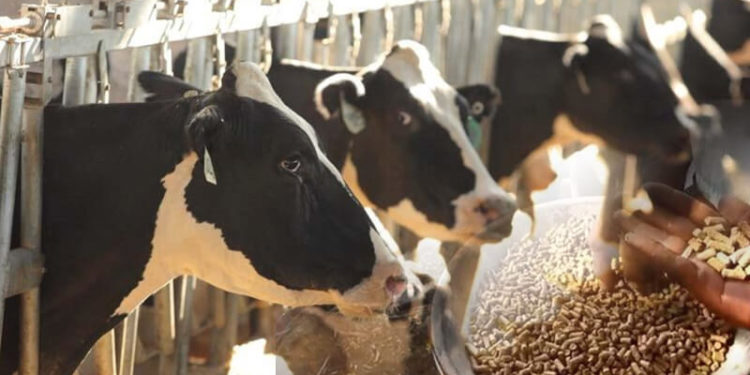The Livestock Bill 2024, introduced by Kikuyu legislator Kimani Ichung’wa, proposes the creation of a new Authority tasked with regulating all aspects of livestock production, including cattle, pigs, poultry, bees, sheep, goats, and camels.
The bill mandates that only registered livestock farmers can manufacture and sell animal feeds, imposing a fine of KES 500,000 or a year’s imprisonment for violations. Additionally, the Authority will prescribe approved inputs for livestock production, with penalties of KES 1.0 million or two years of imprisonment for using unauthorized ingredients.
The Livestock Inputs and Products Regulatory Authority will be overseen by a chairperson appointed by the President, alongside the Principal Secretary in charge of Livestock, the Director of Veterinary Services, the Director of Livestock Production, and a County Executive Committee Member appointed by the Council of Governors.
“The Authority will also oversee the use of imported and local animal genetic resources for breed improvement and regulate the production, processing, sale, and importation of hive products,” the bill outlines.
A CEO, selected by the management, will lead the Authority with a three-year term. The Authority will have the power to register commercial livestock keepers, establish a national database for the sector, and determine permissible feeds and the quality standards for livestock products destined for export.
The bill also proposes the establishment of various institutions to enhance productivity in the sector, including the Livestock Inputs and Product Regulatory Authority, Kenya Livestock Research Organisation, Livestock and Livestock Products Marketing Board, and Kenya Veterinary Vaccines Institute.
Additionally, the bill proposes strengthening training centers such as the Animal Health and Industry Training Institute, The Meat Training Institute, The Dairy Training Institute, the Livestock Training Institute, and the National Beekeeping Institute. Students from these institutions will be certified by the Livestock Training Institutions Examinations Board.
“These livestock training institutions will be responsible for developing and reviewing training curricula, disciplining trainees, assessing and conducting examinations for academic programs, and conducting livestock science research and disseminating findings,” the bill states.
While the bill aims to revive the struggling and largely unregulated livestock sector, concerns have been raised about the government’s ability to fully implement its provisions. If enacted, the Livestock Bill may also introduce numerous new government positions amid ongoing calls for austerity and wage burden reduction.
















